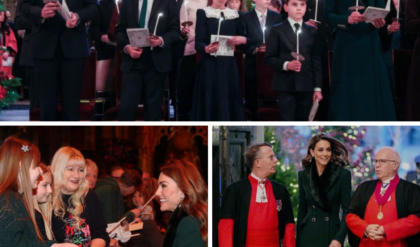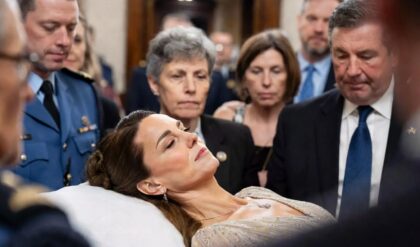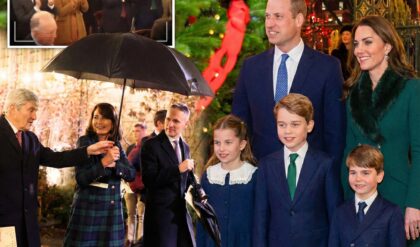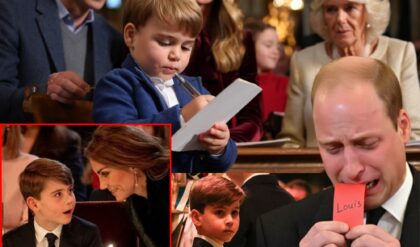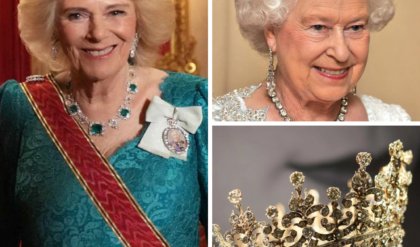I Was a Street Kid—Then I Heard That Flawed Melody, and a Billionaire Changed My Life Forever
Oklahoma City smelled of diesel and pine needles the week before Christmas. I slept behind the pawn shop on Reno Avenue, curled inside a cardboard box lined with yesterday’s newspaper. The cold bit my fingers, but I kept them moving—tapping silent rhythms on my knees, replaying every wrong note I’d heard that day. I could taste a flat B like spoiled milk, feel a missed rest like a skipped heartbeat. Music never lied to me; people did.
The festival lights went up on the 23rd—strings of gold over the brick plaza, a rented grand piano under a canvas tent. I slipped in at dusk, hood up, shoes silent on the sawdust. The pianist wore a tuxedo that cost more than every meal I’d eaten in a year. His name, stitched in silver on the program, was Elias Hawthorne. He began Rachmaninoff’s Prelude in C-sharp minor, and the first sixteen bars were flawless. Then bar seventeen: the left hand rushed the triplet, shaved a thirty-second off the rest. Nobody else flinched. I did.
I stepped forward before I could stop myself. “Sir. Measure seventeen. You clipped the rest. It throws the whole phrase.”
The crowd parted like I’d shouted fire. Hawthorne’s hands froze above the keys. He looked down—really looked—and saw a twelve-year-old in a coat two sizes too big. His eyebrows rose, not angry, just curious. “Show me.”
I climbed the two steps to the bench. My legs barely reached the pedals. I played the passage once, slow, then again at tempo, letting the silence breathe exactly where it belonged. When I stopped, the tent was quieter than snowfall.
Hawthorne closed the fallboard. “What’s your name, son?”
“Doesn’t matter,” I said. “I just hear it.”
He asked questions then—soft ones, like he already knew the answers would hurt. Where are your parents? How long on the street? Do you read music? I gave him the short version: dead, six months, yes. He listened without blinking. When I finished, he pulled a card from his wallet—thick cream stock, embossed gold—and wrote a number on the back.
“Tomorrow,” he said. “Nine a.m. My driver will find you.”
I thought it was another adult lie. But at 8:57 a sharp black sedan idled beside my box. The driver didn’t speak; he just opened the door. We drove past neighborhoods I’d never seen, past gates that opened themselves, into a house that smelled of cedar and lemon polish. Hawthorne waited in a room full of instruments—violins in glass cases, a second Steinway the color of midnight.
He sat me at a desk, pushed a check across the wood. Ten thousand dollars, made out to the Oklahoma Academy of Musical Arts. My name—Jamie Lee Carter—was already typed beneath.
“For tuition, room, board,” he said. “One condition: you keep correcting me when I’m wrong.”
I stared at the numbers until they blurred. “Why?”
“Because the world needs someone who hears what’s broken,” he said. “And fixes it.”
That night I slept in a real bed for the first time since the shelter closed. The sheets smelled like soap and possibility. Outside, the festival lights still glowed, but now they spelled a different word across the dark: beginning.

